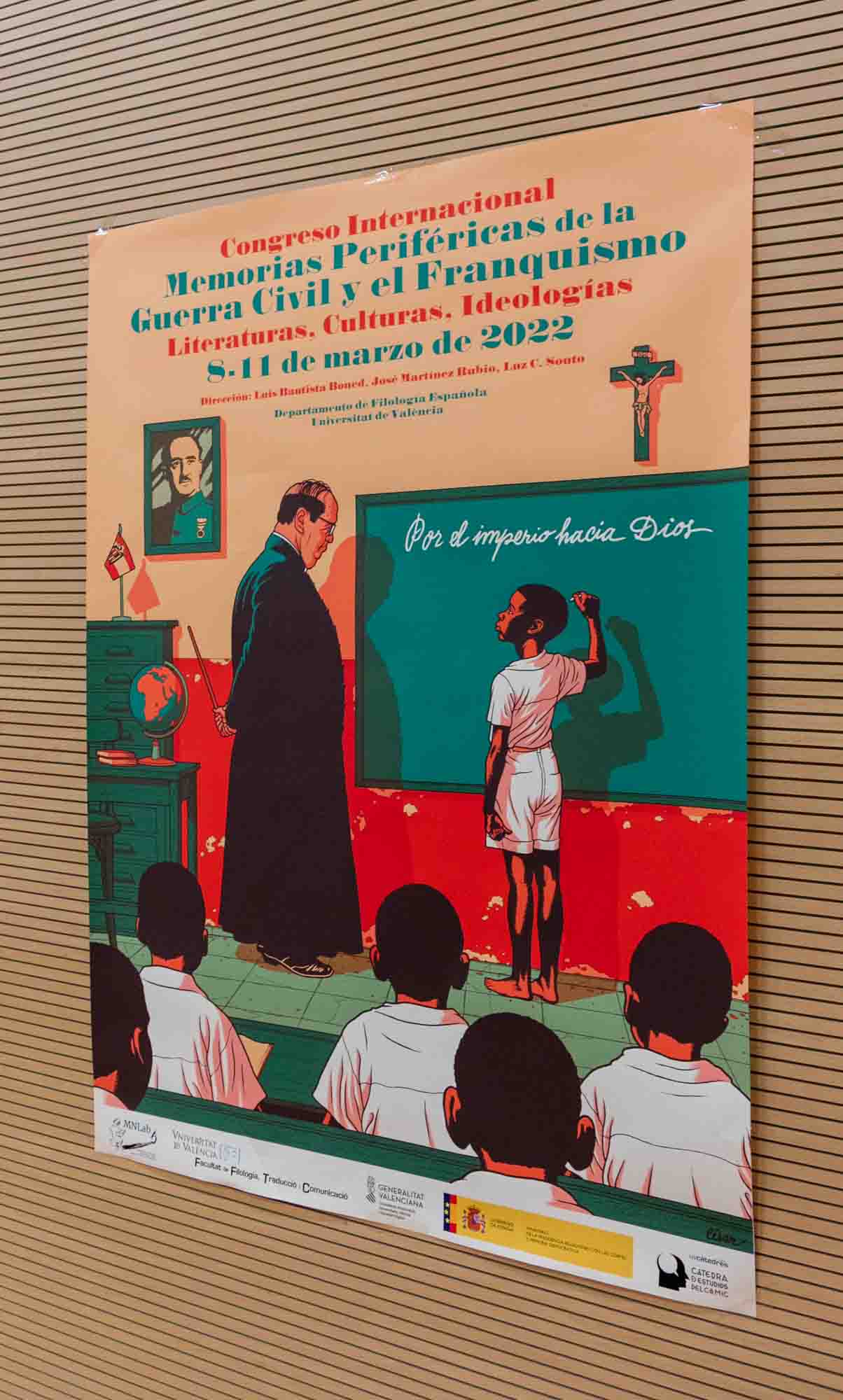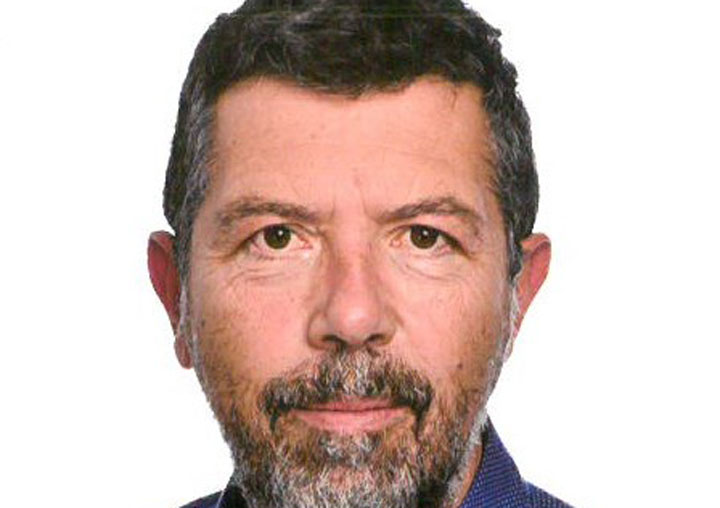Inauguration of the International Conference "Peripheral Memories of the Civil War and Francoism"
- Office of the Principal
- March 9th, 2022

With conferences, round tables and works presentations, the Department of Spanish Philology of the Universitat de València, through the research project "Memory Novels", inaugurated the International Congress "Peripheral Memories of the Civil War and Francoism", which will run until Friday 11th March, with the participation of around 120 students and 150 researchers from 85 universities around the world.
From the Faculty of Philology, Translation and Communication of the Universitat de València, the inauguration of the International Congress “Peripheral Memories of the Civil War and Francoism” was held. A meeting that brings together speakers from different universities around the world to share their knowledge about Spanish society and its relationship with the past after the Civil War and Francoism. At the same time, this conference aims to become a meeting place for academics and students who can contribute new perspectives on historical memory and broaden the view of the war, the ideologies and the cosmogony of the political, economic and diplomatic power that sustained the dictatorship.
The opening ceremony was preceded by the principal of the Universitat de València, Mavi Mestre; the vice-dean of the Faculty of Philology, Translation and Communication, Ana Rosa Calero; the Minister for Participation, Transparency, Cooperation and Democratic Quality, Rosa Pérez, and the congress coordinators: Luis Bautista Boned, José Martínez Rubio and Luz C. Souto.
During the four days of the conference, more than 150 researchers from 85 different universities will take part, 30 from Spain and 55 from abroad, which confirms the interest that democratic memory continues to arouse in the academic sphere. In addition, this space will allow us to investigate the literary production of stories, characters or events that have remained on the sidelines of both official history and recovered memory.
The thematic lines to be addressed will revolve around the international perspective on the war conflict and Franco's regime, colonial memory and the cultural memory of Franco's regime. They will seek to answer the fundamental question of the congress: how to confront the construction of a democratic, modern and integrated state with questions of truth, justice and reparation for the victims in relation to the events that took place during the Civil War and Franco's regime.
The congress will run until Friday 11th April, bringing together an enormous cultural production around what historical memory has thrown up about the problems that arose in this historical period. Far from receding, interest in historical memory has increased thanks to civic initiatives, legislative advances in terms of public policies on memory, academic studies, artistic creations and initiatives such as this congress.

















